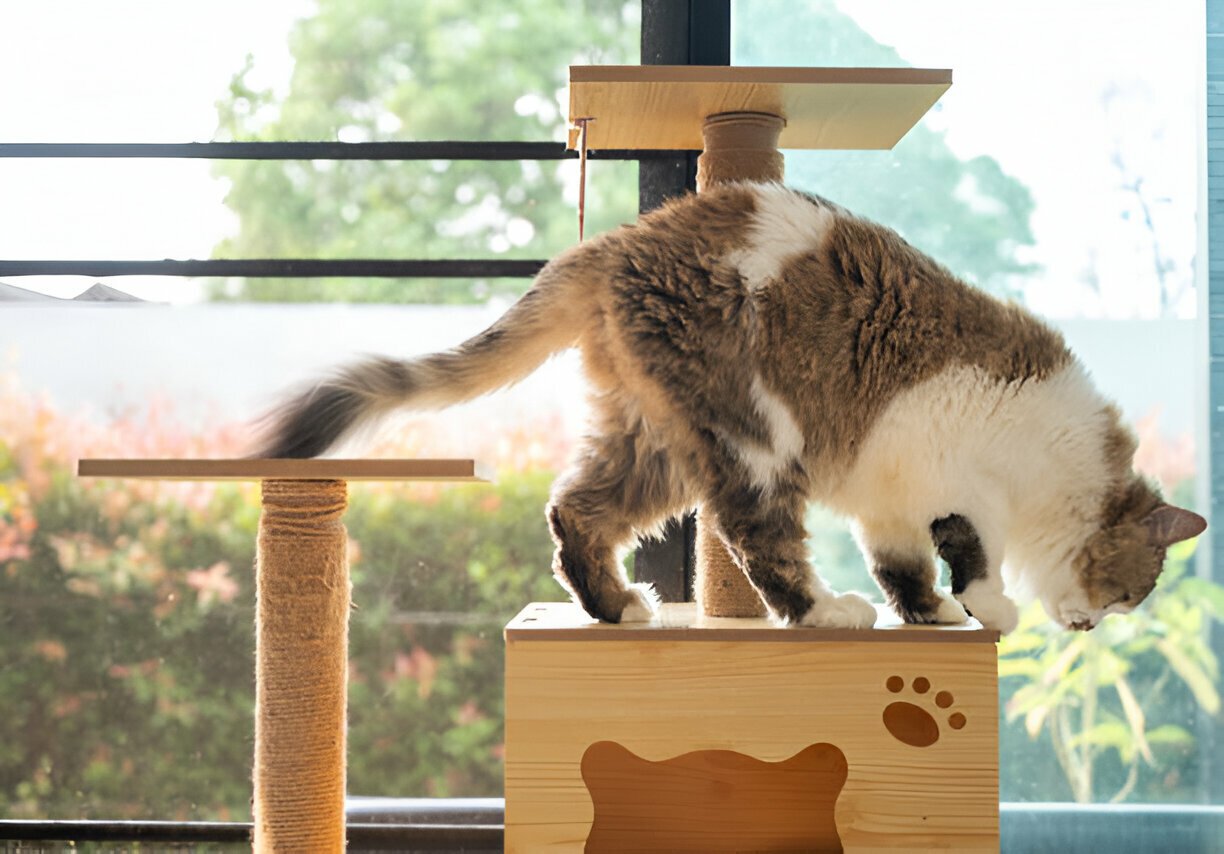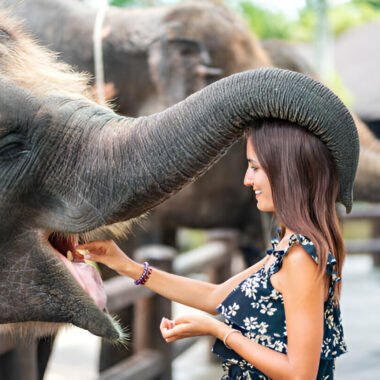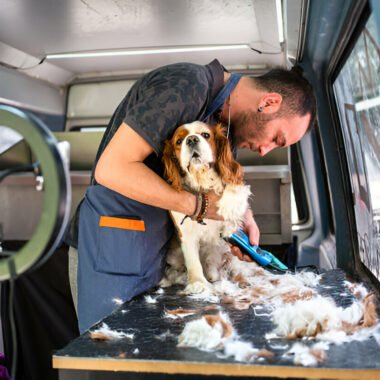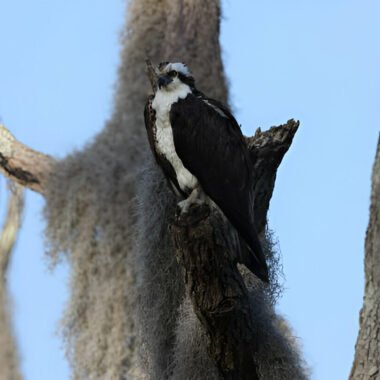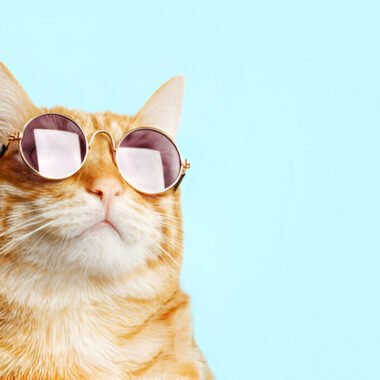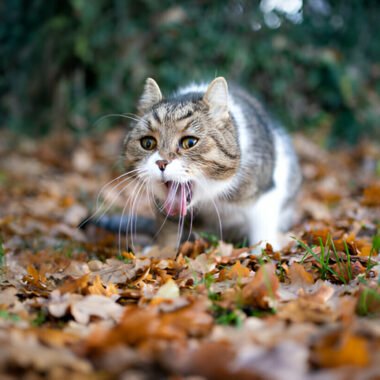Table of Contents
Introduction
Welcome, fellow cat lovers! If you’re a cat owner, you know how important it is to keep your feline friend happy and healthy. One of the best ways to do this is by providing them with a cat tree. Cat trees are more than just fancy furniture; they’re essential for your cat’s well-being. In this article, we’ll explore why every cat needs a cat tree, how to choose the right one, and the benefits it can bring to both you and your furry companion. So, let’s dive into the world of cat trees and discover fun and practical solutions for your feline friend!
Why Every Cat Needs a Cat Tree
Natural Instincts and Behaviors
Cats are natural climbers and scratchers. In the wild, they climb trees to survey their territory, escape predators, and hunt. A cat tree mimics this natural environment, providing your indoor cat with a place to climb, scratch, and perch. It satisfies their instincts and helps prevent behavioral issues.
Health and Exercise Benefits
Cats need exercise to stay healthy. A cat tree encourages physical activity, helping to keep your cat fit and prevent obesity. The various levels and platforms promote climbing, jumping, and stretching, which are all great for muscle development and overall health.
Mental Stimulation
Boredom can lead to destructive behavior in cats. A cat tree provides mental stimulation through interactive play and exploration. The different textures, heights, and hiding spots keep your cat entertained and engaged, reducing the likelihood of boredom-related issues.
Choosing the Right Cat Tree
Understanding Your Cat’s Needs
Every cat is unique, and so are their preferences. Observe your cat’s behavior. Do they like to climb high, or do they prefer to stay close to the ground? Do they enjoy hiding in cozy spots or lounging in the open? Understanding your cat’s needs will help you choose the perfect cat tree.
Considering Your Space
Cat trees come in various sizes and shapes. Consider the space you have available in your home. If you have limited space, a compact or wall-mounted cat tree might be ideal. For larger spaces, a multi-level cat tree can provide ample room for your cat to explore.
Budget Considerations
Cat trees are available at different price points. While it’s tempting to go for the cheapest option, investing in a high-quality cat tree can save you money in the long run. Look for sturdy construction, durable materials, and features that will keep your cat engaged.
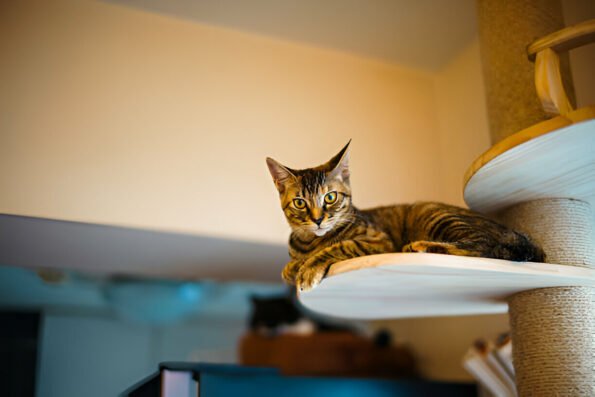
Types of Cat Trees
Basic Cat Trees
Basic cat trees typically include a few platforms and scratching posts. They’re perfect for smaller spaces and are a good option if you’re on a budget.
Multi-Level Cat Trees
Multi-level cat trees offer more complexity and space for your cat to explore. They often include multiple platforms, hideaways, and interactive elements like hanging toys.
Wall-Mounted Cat Trees
Wall-mounted cat trees are a great solution for small spaces. They attach to your walls, providing vertical climbing space without taking up floor area.
Custom Cat Trees
For those who want something unique, custom cat trees can be tailored to your specific needs and your cat’s preferences. They can be designed to fit your home decor and provide a one-of-a-kind play area for your cat.
Features to Look For
Sturdiness and Stability
A wobbly cat tree is not only unattractive but also unsafe. Ensure the cat tree you choose is sturdy and stable to prevent accidents and injuries.
Quality of Materials
Look for cat trees made from high-quality materials. Sisal rope, carpet, and wood are popular choices. Avoid cheap materials that can break easily or be harmful to your cat.
Size and Dimensions
Make sure the cat tree fits the available space in your home and provides enough room for your cat to move around comfortably. Consider the height, width, and depth of the tree.
Additional Accessories
Some cat trees come with additional accessories like hammocks, tunnels, and hanging toys. These can add extra fun and enrichment for your cat.

Placement of Your Cat Tree
Optimal Locations in Your Home
Place the cat tree in a spot where your cat likes to spend time. Near a window is ideal as it provides an additional source of entertainment for your cat – they love watching the outside world.
Safety Considerations
Ensure the cat tree is placed in a safe location, away from hazards like electrical cords or heavy objects that could fall.
Creating a Cat-Friendly Environment
Enhance the area around the cat tree with other cat-friendly elements like soft bedding, toys, and scratching posts to create a cozy and inviting environment for your cat.
DIY Cat Trees
Benefits of DIY
Building your own cat tree can be a fun and rewarding project. It allows you to customize the tree to your cat’s preferences and your home’s decor. Plus, it’s often more cost-effective than buying a pre-made cat tree.
Materials Needed
Common materials for DIY cat trees include wood, sisal rope, carpet, and fabric. You’ll also need tools like a saw, drill, and screws.
Step-by-Step Guide
- Design Your Cat Tree: Plan the design and dimensions of your cat tree based on your space and your cat’s needs.
- Gather Materials: Collect all the materials and tools you’ll need.
- Construct the Base: Build a sturdy base to ensure stability.
- Add Platforms and Scratching Posts: Attach platforms and posts securely to the base.
- Cover with Carpet or Fabric: Cover the surfaces with carpet or fabric for comfort and traction.
- Add Final Touches: Incorporate any additional elements like hammocks or hanging toys.
Maintaining Your Cat Tree
Cleaning Tips
Regularly clean your cat tree to keep it hygienic. Vacuum the surfaces to remove fur and debris, and use pet-safe cleaning products for deeper cleaning.
Inspecting for Wear and Tear
Check the cat tree regularly for signs of wear and tear. Tighten any loose screws and replace worn-out parts to maintain its safety and durability.
Replacement Parts
Some cat trees come with replaceable parts like scratching posts or platforms. Keep an eye out for replacement parts to extend the life of your cat tree.

Enhancing Your Cat Tree
Adding Toys and Accessories
Enhance your cat tree by adding interactive toys like hanging balls, feathers, or bells. These can provide additional entertainment and stimulation for your cat.
Incorporating Scratching Posts
Scratching posts are a must-have feature for any cat tree. They help keep your cat’s claws healthy and prevent them from scratching your furniture.
Creating Cozy Spaces
Add cozy elements like soft bedding or small hideaways to make the cat tree a comfortable retreat for your cat.
Safety Tips for Cat Trees
Ensuring Stability
Always ensure that your cat tree is stable and secure. If necessary, anchor it to a wall to prevent tipping.
Avoiding Small Parts
Avoid cat trees with small parts that could be a choking hazard. Ensure all elements are securely attached.
Regular Inspections
Regularly inspect the cat tree for any damage or wear. Address any issues promptly to keep your cat safe.
Top Cat Tree Brands
Overview of Popular Brands
There are many great cat tree brands out there. Some of the most popular include Go Pet Club, Frisco, Armarkat, and PetFusion.
Pros and Cons of Each
- Go Pet Club: Known for affordability and variety, but some models may lack durability.
- Frisco: Offers sturdy and well-designed cat trees, but can be pricier.
- Armarkat: Renowned for high-quality materials and stability, though they may have a higher price point.
- PetFusion: Offers modern and stylish designs, but limited in variety.
Price Comparisons
Prices can vary widely based on size, materials, and features. Compare different brands and models to find the best value for your budget.

Case Studies: Happy Cats with Cat Trees
Real-Life Examples
Meet Bella, a playful Siamese who loves her multi-level cat tree. She spends hours climbing, scratching, and napping in the cozy hideaways. Her owner, Sarah, says it has made a huge difference in Bella’s behavior and happiness.
Testimonials
“I never knew how much my cat would love her cat tree! It’s her favorite spot in the house,” says John, owner of a tabby named Max. “It’s sturdy, well-made, and provides endless entertainment.”
Impact on Feline Behavior
Many cat owners report positive changes in their cat’s behavior after introducing a cat tree. Cats become more active, less bored, and overall happier.
Common Mistakes to Avoid
Choosing the Wrong Size
Make sure to choose a cat tree that fits your space and meets your cat’s needs. Too small, and your cat may not use it; too large, and it might overwhelm your space.
Ignoring Quality
Don’t compromise on quality. A cheap, poorly-made cat tree can be unsafe and won’t last long. Invest in a well-built, durable cat tree.
Overlooking Safety Features
Safety is paramount. Ensure the cat tree is stable, has no small parts that could be swallowed, and is made from non-toxic materials.
FAQs about Cat Trees
What is the best cat tree for small spaces?
Wall-mounted or compact cat trees are ideal for small spaces. They provide vertical climbing space without taking up much floor area.
How do I encourage my cat to use the cat tree?
Place the cat tree in a favorite spot, add some of your cat’s favorite toys, and sprinkle some catnip on it. Positive reinforcement with treats can also help.
Can multiple cats share one cat tree?
Yes, but make sure the cat tree has enough space and levels for all your cats to enjoy without feeling crowded.
How often should I replace my cat tree?
It depends on the usage and wear. Regular inspections will help you determine when parts need replacing or when it’s time for a new cat tree.
Are cat trees suitable for senior cats?
Yes, but choose a cat tree with easier access, such as lower platforms and ramps, to accommodate their mobility needs.
Conclusion
Investing in a cat tree is one of the best things you can do for your feline friend. It caters to their natural instincts, provides exercise and mental stimulation, and keeps them entertained. Whether you choose to buy or DIY, ensuring you pick the right cat tree with the necessary features and safety considerations will result in a happier and healthier cat. Happy climbing!

